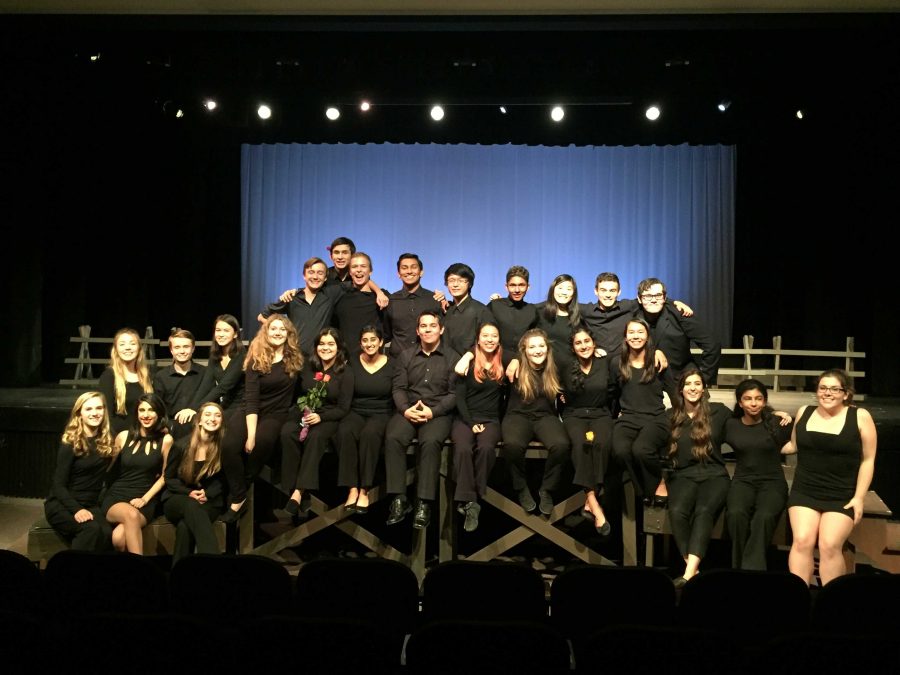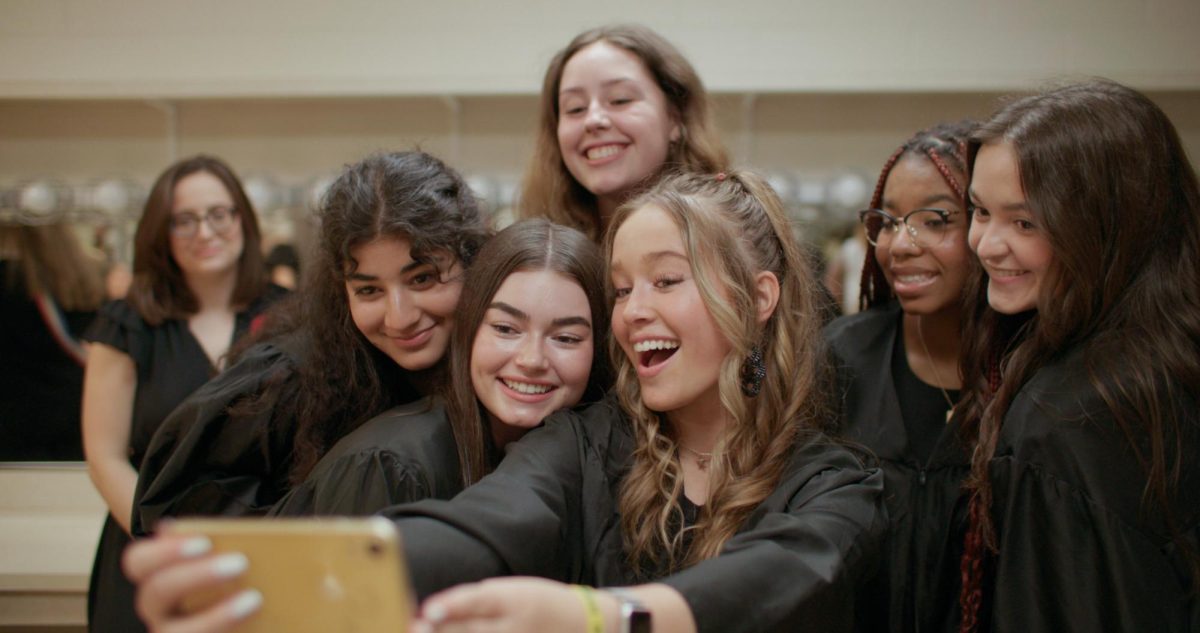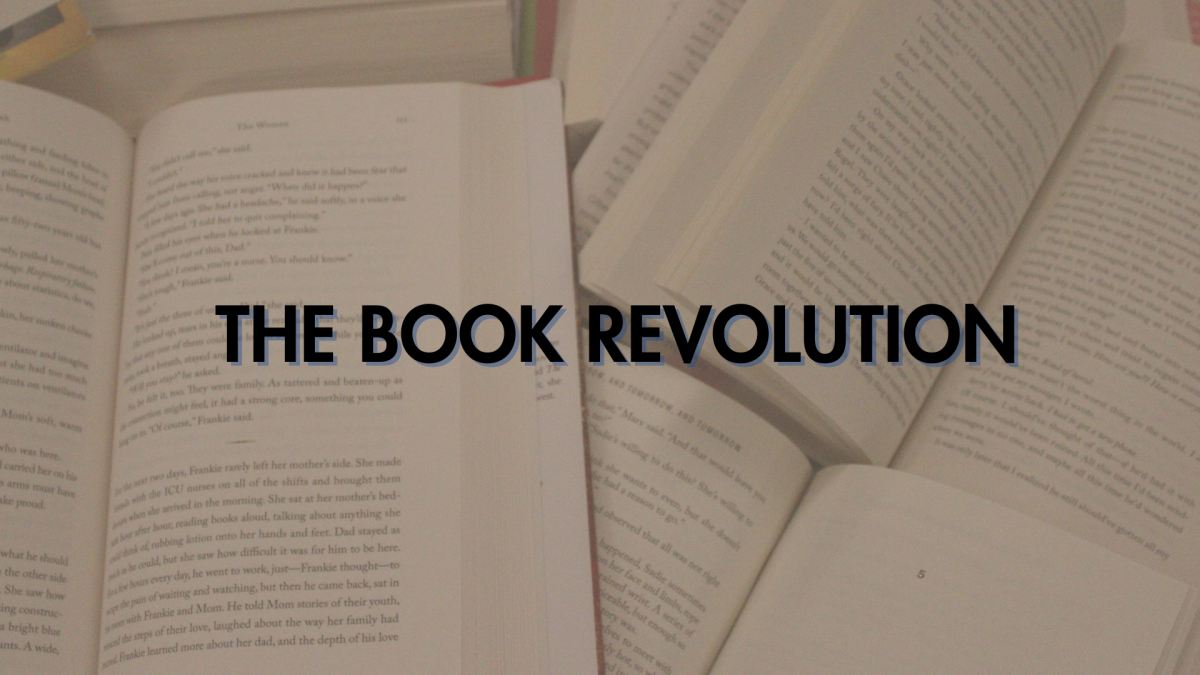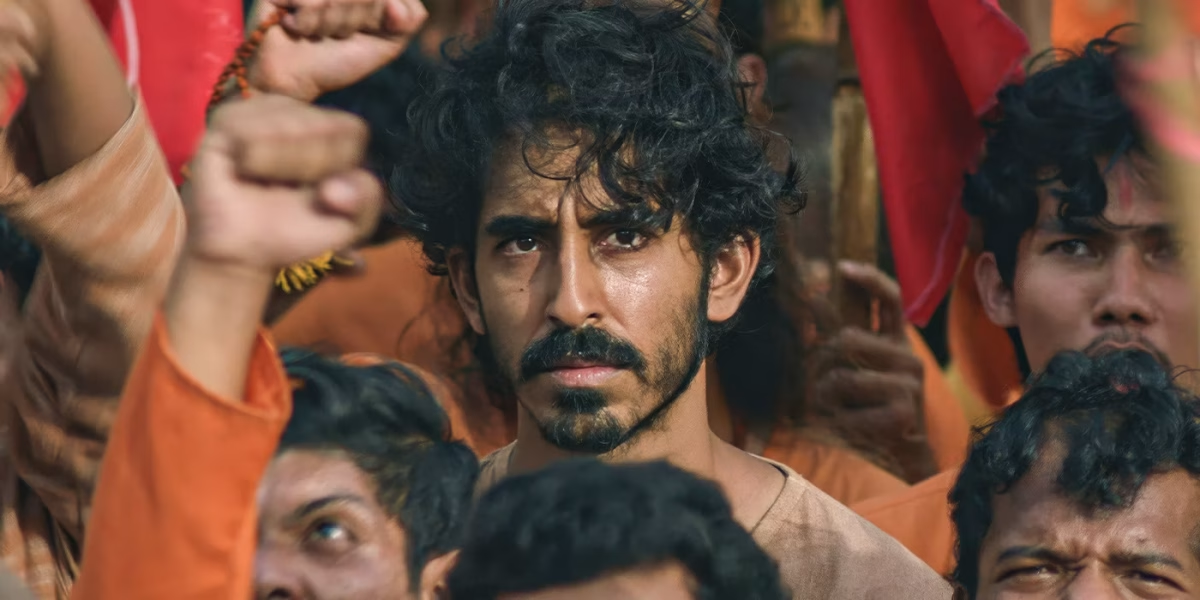Co-reported by Jessica Xing
If you were to walk into the drama production of “Footloose”, you would see a Persian and Pakistani girl playing Ariel. If you were to walk into the drama production of “Pygmalion”, you would see a Vietnamese girl playing an English woman with a cockney accent. MVHS’ demographic — out of necessity — allows people of different ethnicities to play traditionally white characters. But as these students move further into the industry, roles slowly start to disappear, and the actors’ flaws and insecurities are magnified. Senior Osher Fein, who is looking to get into the theater business said in any regular profession, if you are the most qualified person in the room, you will get the job. But in the acting industry, even if you are an inch too tall, you are cut from the audition.The acting business is infamous for being brutal and cutthroat, and MVHS actors struggle to deal with the shrinking size of roles available to them and are forced to fit into certain stereotypes when they branch out further into the profession.
Casting itself
Film club REX productions, the drama department and the acting industry itself, all, on the surface, use blind casting to fill roles. Blind casting is when actors are chosen based on ability rather than race, and on paper it can be a very forward, empowering movement, but according to junior Michelle Nguyen in Advanced Drama, blind casting relies heavily on demographics. And in a business where, according to Fein, directors already have an “ideal actor” in their head — the acting and theater business after high school can be very harsh and selective.

“Type casting is very prevalent in the acting industry,” Fein said. “You would look like the ingenue, or the princess, or the girl next door, or the villain, because sadly everyone fits into a type. That means you have to learn how to work with that type or that role.”
Drama teacher Sara Capule believes that the drama program is used specifically for an educational purpose and that there is no need to expose students to the methods of typecasting. Breaking into the business requires a certain mindset. It requires someone that can resist scrutiny and tolerate the ever-present prejudice in the media.
“I do not talk to students about [casting] unless they are actually looking to get into the industry, ” Capule said. “[Casting] here has a different focus, so there is absolutely no need to have any understanding of this.”
Lack of representation, according to Capule, stems from the fact that America lives in a predominantly white population. Acting is a hard profession and with the instability, coupled with the stigmas that come with blind and typecasting, she can see why the business in general would look out of reach to students.
“[The industry] is very dependent on gender and race, on the norms of our society and what people expect to see,” Capule said. “The reality of it is not a learning experience I am interested in teaching.”

The Bureau of Labor Statistics reports that the employment of actors is projected to grow four percent from 2012 to 2020, which is slower than the average for all occupations. The number of roles that a striving actor receives seems to peak when the actor is in high school. And then the number of available roles regresses as an actor enters a more professional setting.
Sophomore Yash Goyal, co-president of Rex Productions, believes that the industry advertises television shows and movies based on the actor, and this is why we don’t see a lot of new actors entering the business. However, like the drama department, Rex chooses actors for roles based on their ability to portray the character and not their ethnicity.
“Usually we start our actors off with the specifics. [For our current production we said] we need a tall guy that has the ability to act like a homeless person,” Goyal said. “Ethnicity doesn’t matter.”
How casting affects actors
Senior Osher Fein sat in the hallway with the rest of the auditionees, waiting for her turn. She could hear the the person in the audition room singing, the feeling of terror and anxiety sinking as she realized how good the voice sounded. She knew what was coming — soon, she would be standing in front of a table of auditioners who would look at her as a professional and check off boxes as she sang. But Fein also knew that you audition more than you act and that this was just part of the job.
Fein has been practicing for her audition for the music department at NYU Steinhardt for almost a year and a half. And even though she is aware of how cutthroat the theater world can be, she is determined to pursue a career that makes her happy.
I’ve learned that success doesn’t mean having a lot of money and living a stable lifestyle but it means being happy. And that’s something that you have to take in with the arts, especially with theater because there is a lot of rejection.
Senior osher fein
Rejection is not something that is as common in a learning environment and the number of roles that actors get slowly decreases as actors exit school and enter a more professional setting.
“I’ve heard from a lot of people in musical theater programs that freshman and sophomore year, you don’t get roles and then once you get older, it’s very much typecasting,” Fein said. “Like do you look and sound like what I think this part should look and sound like.”
But even though type-casting and blind-casting are two methods that are prevalent in the acting industry today, Fein considers herself to have a definite advantage because of her ethnicity and the way that she looks.
“I look white. I’m generally not to tall [and] I generally fit a lot of the boxes that are traditionally on Broadway,” Fein said. “If I wanted to play Belle from ‘Beauty and the Beast’, I wouldn’t really have too much of a problem.”
Senior Emaan Khan, a member of Drama who played one of the lead roles in the 2015 spring musical Footloose, faces a different problem and made the decision to not pursue acting due to the prevalent use of typecasting in the acting industry.
“The sad thing is that I have been discouraged by all of this realism,” Khan said. “It’s difficult to succeed if you are not this certain model.”
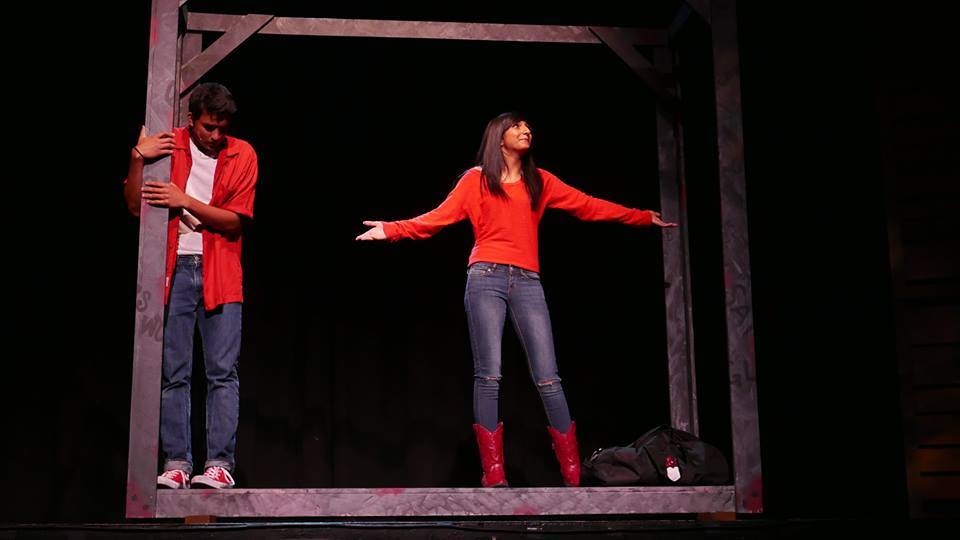
Khan agrees that after high school, the roles available are considerably less — especially for people that aren’t caucasian. The hardest part about acting, for her, is the idea she has to fit a certain stereotype, when before she was allowed to play such a diverse set of roles.
“It is really hard when people tell me, ‘You should go into Bollywood,’ and I am like, ‘I am not Indian, I have no interest in Bollywood.” Khan said.
There are people, Khan said, that try to fight for more representation such as Aziz Ansari with his Netflix show Masters of None, or Mindy Kaling with her show the Mindy Project, but stereotypes are still prevalent because that is what the audience will always see. This plays into the regression of roles available for Khan because if she wanted to go on Broadway, the first question she would get is “Why aren’t you white?”
Khan explained that the character she played in Footloose had two parents, and they were played by actors who had were not of the same race. So in her mind, the whole show was about “how does this make sense genetically?” This is heartbreaking to Khan because theater is not supposed to be realistic — it is supposed to be about being as outlandish and as fantastical so the lasting message can connect with the audience.
“Sure, you can have some degree of believability, but theater is not about that. Theater is about telling a story, and getting and connecting to people,” Khan said, “It is hard to teach that to the drama department with how brutal the theater world can be.”
Opening the conversation
Nguyen believes that blind casting is a controversial topic, as there are some roles written for certain types of actors and other roles in which any actor can play the character.
This year, Nguyen wrote “Jump”, a play about two best friends who have deal with the mental illness of depression. When writing the play, she did not have a particular race or appearance in mind. She simply wanted someone that could portray her characters.
“If you look at any media, you would find that there is mostly white people in media and I wanted to have mine extremely open so that anyone who wanted to play it could play it” Nguyen said.
To Nguyen, the driving focus of her play was that anyone — regardless of race or gender, can have depression. There are so many stigmas attached to depression, especially in Cupertino and especially with different ethnicities, that it is important to Nguyen that there is that degree of relatability.
“Mental illness is universal, but not a lot people know about it. it’s because we live in the bay área — stress sort of piles up especially since academic success is absolute in Cupertino.” Nguyen said “So you basically are able to understand what one of my characters is going through.”
While Khan has been discouraged from going into theater, she’s glad the industry is slowly starting to realize that America is not singularly made of one culture. But in order to continue that trend, Khan believes we need to continue spreading awareness — fighting for diversity so minorities can get the representation they deserve in the media.
“It is hard to put into perspective for other people, because in MVHS we are so desensitized to being typecasted by our skin color.” Khan said, “If we keep spreading awareness, and we keep making progress — we can definitely make a change.”
















